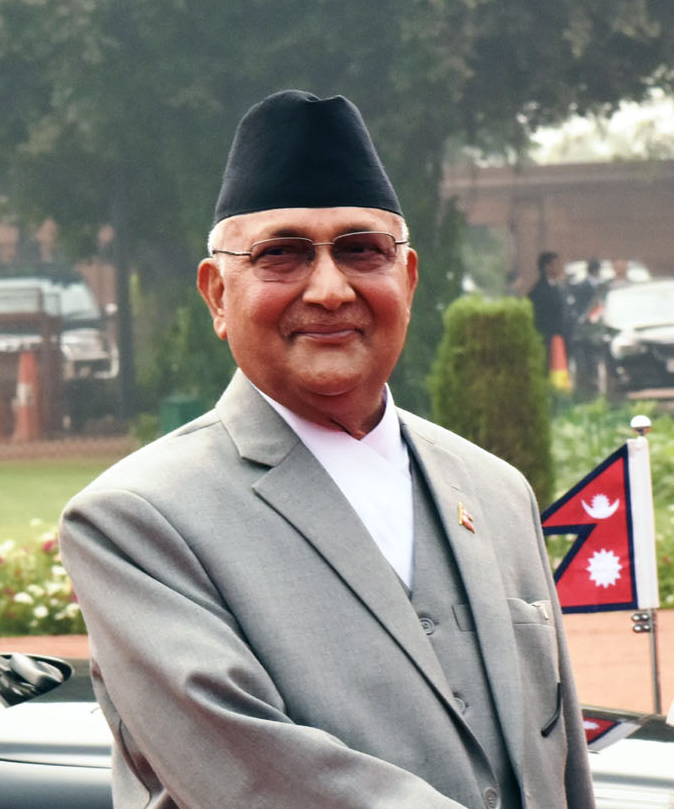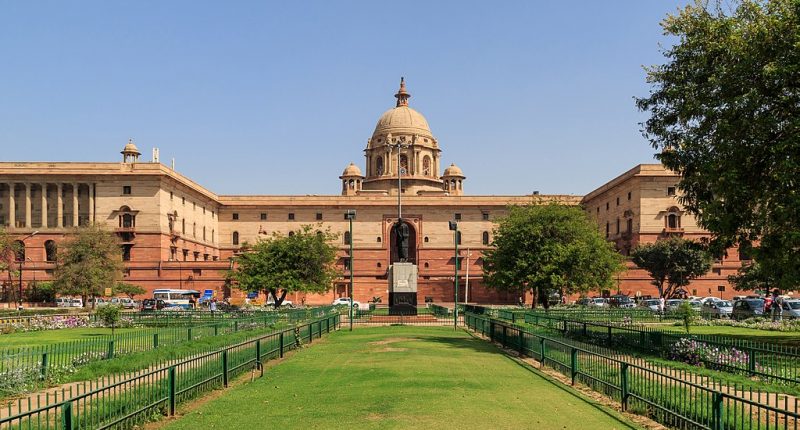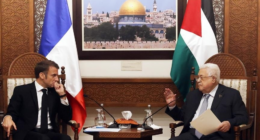New Delhi: There are no commas or full-stops in China’s march to become the third-world Messiah.
It is now forcing compliance to its wicked diktat on its economically weak neighbour – Nepal – and is inciting it against India as part of its vengeance.
Nepal has very little courage or even the ability to defend itself against China, and for a long time the cordial relations between India and Nepal has been an open-sore for China as it looks for opportunities to hammer a crack in the bedrock of said relationship.
Recent remarks by Nepalese Prime Minister K.P. Sharma Oli (16th July), however, did the trick with the prime minister saying that the holy city of Ayodhya was actually a part of Birgunj in Nepal (and not in the Indian state of Uttar Pradesh).

This soon after led to tonsuring of a (yet to be identified) male, reported to have been of Nepalese origin and a protest note lodged by New Delhi.
A video of the tonsured individual in the Indian city of Varanasi in the State of Uttar Pradesh, had gone viral on the Internet.
The Varanasi police spurred the investigations after Nepal’s envoy in New Delhi, Nilambar Acharya, in a telephone conversation with Uttar Pradesh Chief Minister Yogi Adityanath called for a thorough probe into the tonsuring incident ,and expressed concern over the safety of Nepalese living in India.
Talking to The Taiwan Times, a police superintendent in Varanasi, Vikas Chandra Tripathi, said the tonsured person had not been traced as yet, although four people including a videographer are already in police custody.
When asked if there was any threat to Nepalese staying in the city, he said, “no, not at all and by July 21st, we expect to net the person who brought the man for tonsuring.”
China was reportedly anticipating a significant rift between India against Nepal over the incident, but it did not happen.
India, meanwhile adopted a ‘wait and watch’ policy, as it had already reacted strongly when Nepal put out its map placing the three territories of Limpiyadhura, Kalapani and the Lipulekh Pass under its own flag.
Particularly so vis-a-vis the role of China, as a potential behind the scenes operator in Nepal.
Nepal has been on its knees after it accepted China’s proposal to make the Mandarin language compulsory in schools in exchange for payment of salaries to teachers.
Political analysts see the move as a ploy to push a hidden Chinese agenda of manipulating the Himalayan kingdom against India in the long term, while pushing the ‘Xi Jinping thought’ doctrine.

It is interesting to note that India is funding over 100 million Nepalese Rupees for three new school buildings at present, with a Memorandum of Understanding to this effect signed in March between the Embassy of India, and Nepal’s Ministry of Federal Affairs and General Administration.
Nepal is thus in a Catch-22 situation.
It cannot wriggle out from the clutches of the overbearing dragon in the neighborhood, and any confrontation or protest will immediately remind Kathmandu of the result of the 1989 Tiananmen square massacre.
While most Nepalese are content with condemning the administration of Prime Minister Oli, others are already in the mood to stage a sit-in against him.
South of the border, Indians have unleashed their anger against the Nepalese PM on social media, calling him names and creating memes for him but at the same time refraining from taking to the streets in the knowledge that this would be playing directly into the hands of China.










Comments are closed.